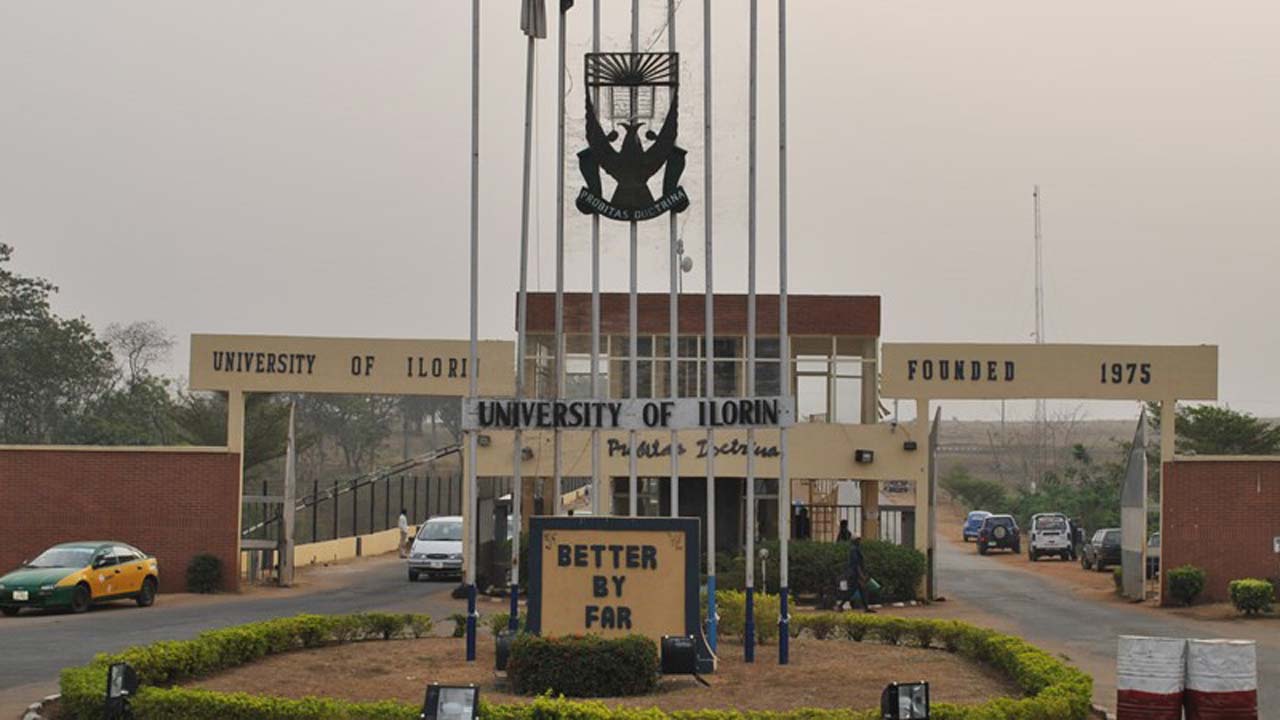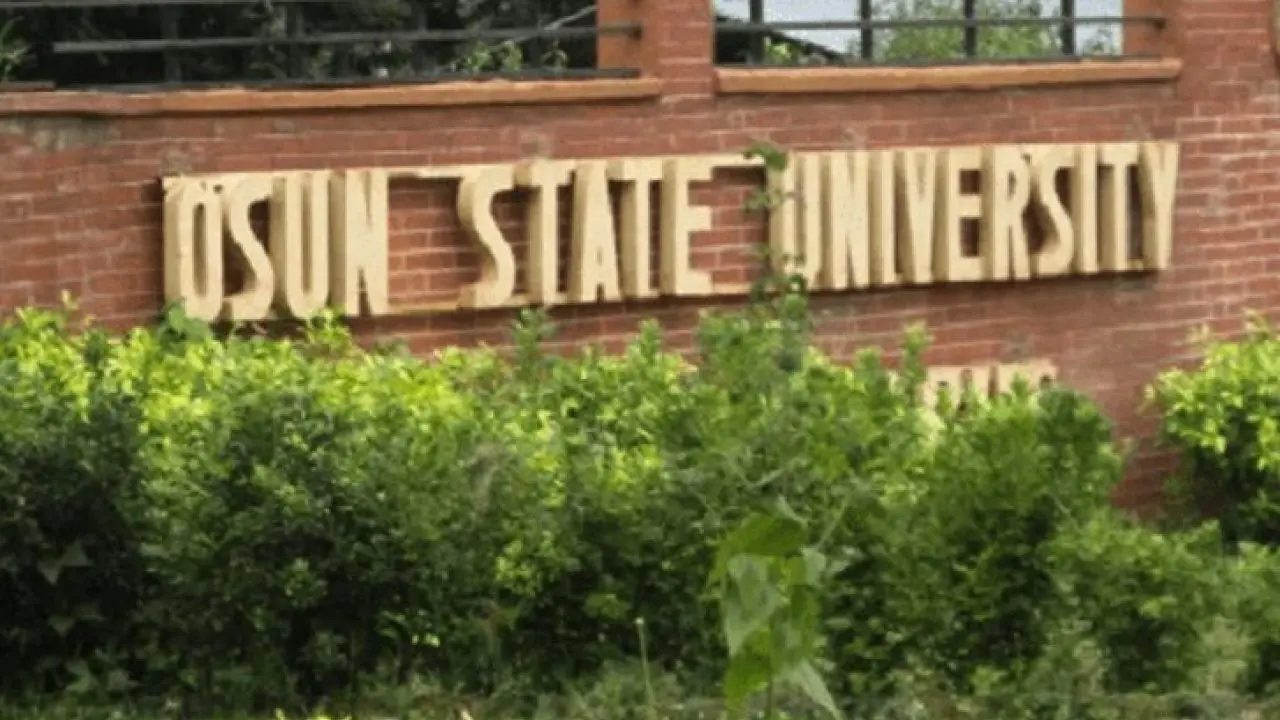Unilorin don demands a jail sentence and harsh penalties for tax evaders


ILORIN – Professor Saka Olokooba of the University of Ilorin’s (Unilorin) Department of Business Law has asked Nigeria’s Federal Government to punish tax evaders severely, including sending them to jail.
During his 249th Unilorin Inaugural Lecture, “Withhold Caesar’s Right and then Cry the Beloved Country,” Olokooba made the call on Friday in Ilorin.
He argued that the Nigerian government must vigorously combat tax criminality at this crucial stage since tax evasion is the main obstacle to the viability of the country’s tax system.
He said that this has to be done with the same fervour that the government used in 2011 to combat the problem of non-performing or bad debt in the banking sectors.
“Given the incalculable advantages of timely tax payment in any economy and the probable negative consequences of non-payment, we humbly submit that, in order to prevent this dear nation from collapsing, tax evasion ought to be subject to harsher penalties,” he declared.
The don, who teaches in the Faculty of Law of the university, added that the mere imposition of monetary fines on tax defaulters seems not to be as effective as desired.
He claimed that in addition to a monetary penalties for any tax offence, tax defaulters should be forced to serve a mandatory jail sentence.
He specifically mentioned that the severe criminality in Nigeria’s tax policy will be significantly reduced, if not completely eliminated, following a repeat offence.
The business law expert issues a warning, stating that tax evasion is having a detrimental impact on Nigeria’s political, socioeconomic, and security developments.
According to studies, one of the biggest obstacles to an efficient tax system in Nigeria continues to be the collection of personal income tax, he added.
“In Nigeria, most self-employed personnel still evade the payment of tax. While some claim ignorance of the necessity for tax payment.
“Some refuse because they claim not to be receiving a commensurate provision of amenities or services from the government despite the payment of tax,” he said.
Olokooba noted that taxes have been paid since the beginning of time and that the idea is rooted in religious doctrine.“Failure to pay tax in the sight of God is also an offence,” he said.








